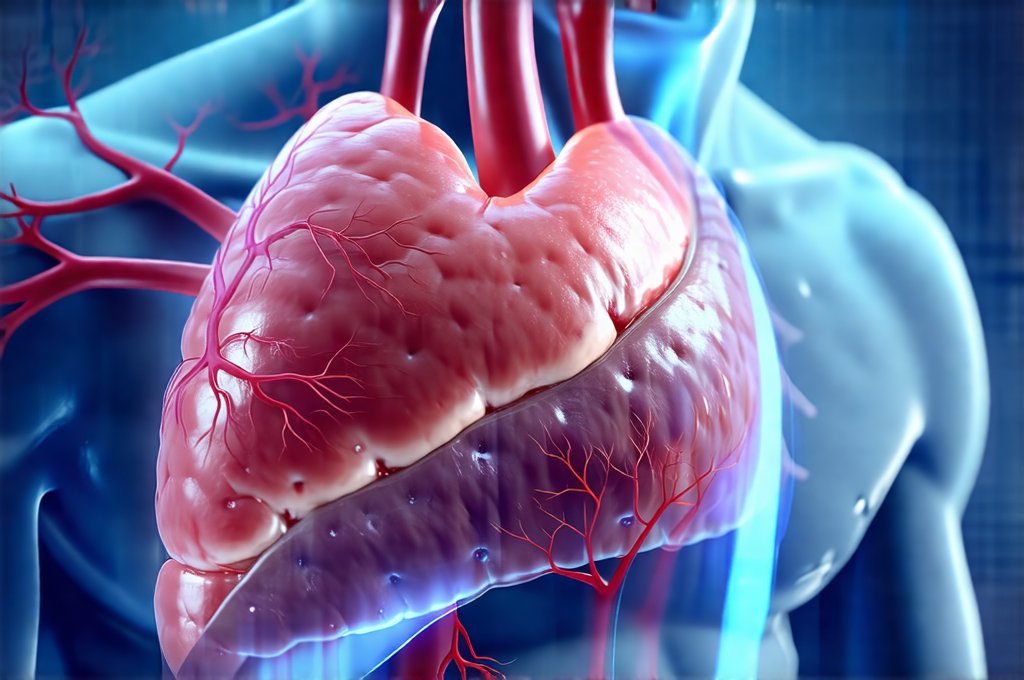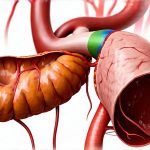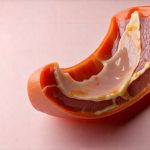Chronic acid reflux, often experienced as heartburn, is far more than just an uncomfortable digestive symptom. It’s a condition where stomach acid frequently flows back up into the esophagus, irritating its lining. While many manage this with over-the-counter remedies or lifestyle changes, persistent and untreated reflux can have surprisingly widespread effects on the body, extending beyond digestive discomfort. Increasingly, research is pointing to intricate connections between chronic reflux – specifically gastroesophageal reflux disease (GERD) – and a potential weakening or alteration of the immune system, raising questions about long-term health implications that go beyond simply managing heartburn symptoms.
The link isn’t straightforward; it’s not as if reflux directly causes immunodeficiency in most cases. Instead, the chronic inflammation associated with GERD, coupled with nutritional impacts and potential changes to the gut microbiome, appears to play a significant role in modulating immune function. This modulation can range from subtle shifts in immune responsiveness to potentially increased susceptibility to infections or even autoimmune conditions over time. Understanding these connections is crucial for holistic health management and appreciating that addressing reflux isn’t just about relieving symptoms but also about supporting overall well-being. You might find further insight into how gut health influence your immune system cycles.
The Inflammation Connection: GERD & Systemic Immune Activation
Chronic inflammation is the cornerstone of many chronic diseases, and GERD provides a constant source of it. When stomach acid repeatedly irritates the esophageal lining, the body initiates an inflammatory response to attempt healing. While localized initially, this ongoing inflammation can become systemic – meaning it spreads beyond the esophagus – impacting various organs and systems. This continuous low-grade inflammation essentially keeps the immune system in a state of heightened alert, diverting resources away from other important functions like fighting off infections or repairing tissues.
The inflammatory mediators released during GERD flares—cytokines such as interleukin-6 (IL-6) and tumor necrosis factor-alpha (TNF-α)—are not just confined to the esophagus. They can enter the bloodstream and contribute to systemic inflammation, potentially impacting immune cell function in distant locations. For instance, elevated levels of these cytokines have been linked to impaired T cell function, which are critical for adaptive immunity—the part of our immune system that learns and remembers threats. This means the body’s ability to respond effectively to new infections or cancers could be compromised over time.
Furthermore, the chronic inflammation associated with GERD can also contribute to leaky gut syndrome – increased intestinal permeability. This allows undigested food particles, bacteria, and toxins to cross the intestinal barrier into the bloodstream, further fueling systemic inflammation and triggering an immune response. The body mistakenly identifies these substances as threats, leading to a constant state of immune activation and potentially autoimmune reactions down the line. Learning to recognize body’s gut signals can help you proactively address issues before they escalate.
How Reflux Impacts Gut Microbiome Diversity
The gut microbiome – the trillions of bacteria, fungi, viruses, and other microorganisms living in our digestive tract—plays a pivotal role in immune function. A healthy and diverse microbiome is essential for “training” the immune system to distinguish between harmless substances and genuine threats. Chronic reflux can disrupt this delicate balance in several ways.
- Acid Suppression: Medications used to manage GERD, such as proton pump inhibitors (PPIs), while effective at reducing acid production, can also alter the gut microbiome composition. Lower stomach acidity can allow certain harmful bacteria to thrive while suppressing beneficial species.
- Esophageal Microbiome Changes: Recent research indicates that even the esophagus itself possesses a unique microbiome, and GERD can lead to dysbiosis (imbalance) in this area, potentially contributing to inflammation and immune dysfunction.
- Dietary Impacts: Individuals with GERD often modify their diets to avoid trigger foods, which may inadvertently limit dietary fiber intake. Fiber is crucial for feeding beneficial gut bacteria, further reducing microbiome diversity.
A less diverse gut microbiome has been linked to impaired immune cell development, reduced antibody production, and increased susceptibility to infections. It’s a vicious cycle: reflux disrupts the microbiome, the disrupted microbiome weakens immunity, and a weakened immune system may struggle to manage inflammation associated with reflux. Restoring microbial balance through dietary changes, probiotics (under medical guidance), or fecal microbiota transplantation (in specific cases) are areas of ongoing research for improving immune health in individuals with GERD. Many wonder gut healing improve other chronic symptoms as well.
The Role of Nutrient Absorption & Deficiencies
Chronic acid reflux and the subsequent use of medications to manage it can interfere with nutrient absorption, leading to deficiencies that further weaken the immune system. Stomach acid is essential for breaking down food and releasing nutrients like vitamin B12, iron, calcium, and zinc – all vital for optimal immune function.
PPIs, while helpful in reducing acid, can significantly impair the absorption of these key nutrients. For example:
1. Vitamin B12: Requires intrinsic factor, which needs an acidic environment to function effectively. Reduced stomach acidity hinders its absorption.
2. Iron: Absorption is enhanced by stomach acid. Lowered acidity leads to reduced iron uptake and potential anemia.
3. Magnesium & Calcium: Their absorption can also be compromised by long-term PPI use.
These nutrient deficiencies directly impact immune cell function. Vitamin B12 is crucial for white blood cell production, while iron is essential for their activity. Magnesium plays a role in antibody formation, and calcium regulates immune cell signaling. Long-term deficiencies can lead to impaired immune responses, increased susceptibility to infections, and delayed wound healing. It’s important that individuals on long-term acid suppression medications are regularly monitored for nutrient deficiencies and consider supplementation under medical supervision. Understanding acid reflux linked to food sensitivity can help guide dietary choices.
Lifestyle & Dietary Interventions: Supporting Immune Health Alongside Reflux Management
While GERD management often focuses on medication, adopting lifestyle and dietary changes can significantly support immune function alongside traditional treatments. A holistic approach is key. This includes:
- Dietary Modifications: Identifying and eliminating trigger foods (spicy foods, caffeine, alcohol, fatty foods) can reduce reflux episodes and inflammation. Focusing on a diet rich in anti-inflammatory foods like fruits, vegetables, lean proteins, and healthy fats supports immune function.
- Weight Management: Obesity is a major risk factor for GERD. Losing weight reduces pressure on the stomach and esophagus, minimizing reflux.
- Stress Reduction: Chronic stress weakens the immune system. Implementing stress-management techniques like yoga, meditation, or deep breathing exercises can improve immune resilience.
- Elevating Head of Bed: Raising the head of your bed by 6-8 inches during sleep helps prevent nighttime reflux and reduces esophageal irritation.
- Probiotic & Prebiotic Consumption: Consuming probiotic-rich foods (yogurt, kefir, sauerkraut) or supplements (under medical guidance) can help restore gut microbiome balance. Prebiotics – found in foods like onions, garlic, and bananas – feed beneficial gut bacteria.
It’s vital to remember that these interventions are not a substitute for medical treatment but rather complementary strategies to support overall health and enhance immune function alongside appropriate GERD management. Regular check-ups with a healthcare professional are essential to monitor your condition and adjust treatment plans as needed. It’s also worth considering if your gut get used to sensitive foods over time, which can influence dietary choices. Finally, don’t underestimate how gut health influence your mood – a strong mind is crucial for overall wellbeing.


















